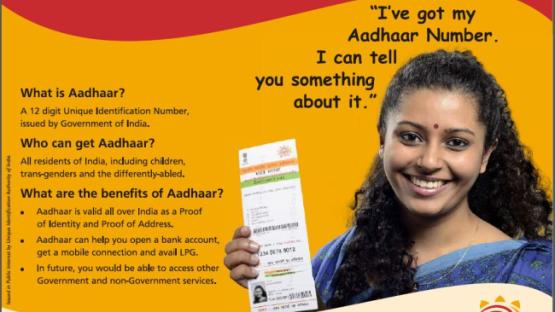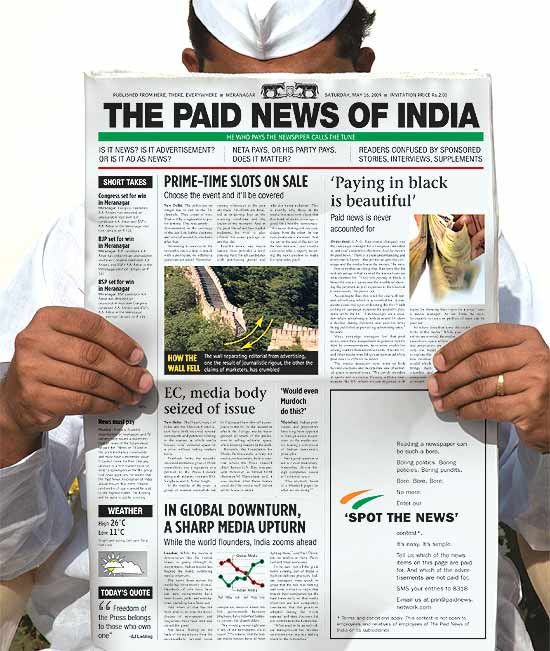Global Media Law and Ethics in India
In the American Constitution, privacy is defined as “the right not to have one’s personal matters disclosed or publicized; the right to be left alone.” It is also defined as “The right against undue government intrusion into fundamental personal issues and decisions.” Our constitution does not decidedly state that there is a right to privacy. Typically, it varies case by case depending on many different various factors such as judges, state shield laws, and different information needed.
In other countries, this is not necessarily the case. In the Indian Constitution, the right to privacy is not clearly defined as it is in the American constitution. In one famous Indian case, Justice K S Puttaswamy v. Union of India (2017), concluded that privacy “is a basic right and is an integral aspect of Article 21 of the Indian Constitution."
| Justice K.S. Puttaswamy |
To go into depth about Article 21 of the Indian Constitution, it states “No person shall be deprived of his life or personal liberty except according to a procedure established by law.” It is what they call a fundamental right, it cannot be “suspended during an emergency” It guarantees two things, the right to life and the right to personal liberty. Overall, it is a broad statement to cover basic human rights.
Going back to the Justice K. S. Puttaswamy v. Union of India (2017) case, the retired judge Justice K. S. Puttaswamy challenged the purpose and necessity of the Aadhaar Scheme. The Aadhaar Scheme in summary is the equivalent of an American’s social security number. Similar to our social security number where your basic general information is recorded, the Aadhaar gives each person a random number that correlates with almost all of their personal information.

The system would record each individual's: name, date of birth, age, gender, address, mobile number (optional), email ID (optional), name of the head of the family, relationship to the head of the family, proof of relationship, ten fingerprints, both iris scans, and facial photography. Puttaswamy argued that the system was a violation of the right to privacy.
The nine-judge bench decided that the Aadhaar Scheme does not violate an individual's privacy. Personal intimacies (sexual orientation, personal choices, control aspects) are not a part of the Aadhaar Scheme and the government has no intentions of obtaining that information on their residents. It was a very interesting case in regards to how do we define privacy when it comes to governmental issues?
A few different issues India faces concerning media laws have to do with situations that the public think is unethical. One of the most prominent concerns of journalists in India is about paid news not publishing truthful media. Because so many people watch the news with the idea that it is being truthful, it's scary when viewers find out that news outlets are not. Audiences base their opinions on what they consume from the news.


No comments:
Post a Comment